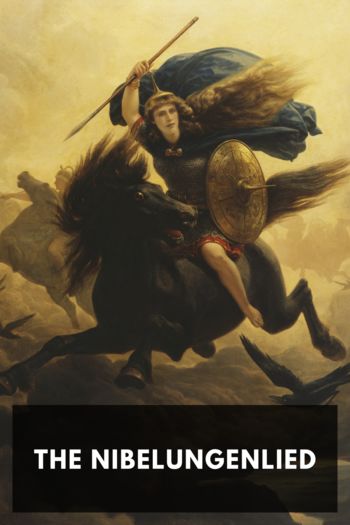The Trials of Radclyffe Hall, Diana Souhami [best sales books of all time .TXT] 📗

- Author: Diana Souhami
Book online «The Trials of Radclyffe Hall, Diana Souhami [best sales books of all time .TXT] 📗». Author Diana Souhami
On 1 September Hitler invaded Poland. Two days later Chamberlain announced that Great Britain was at war with Germany. After the announcement, ‘God Save The King’ was played on the wireless and the air-raid sirens sounded in Rye. John, Una and Evguenia put their gas masks round their necks and moved their luggage to the George Hotel. Dodo Benson, who was the Mayor of Rye, came by wearing some kind of anti-gas outfit and a tin helmet. He did not know if it was a real air raid. The town was full of evacuated children. John collapsed with heart pains.
On the church door was a poster, If Your Knees Knock, Kneel on Them. On 7 September men from Taylor’s Depository moved the furniture from the Forecastle. While they were doing so the prospective purchaser withdrew his offer. The following day Paris was evacuated because of the threat of German invasion. Application to leave England had to be made to the Home Office and took a month or six weeks to consider. A permit to land or travel in France had also to be obtained. The Treasury ruled that only cash and at a limit of £25 per person could be taken out of Britain. Travel was chaotic and the prospect of reaching a destination uncertain.
‘But for Mr Eden, the Third International and the Jews it would never have occurred’, Una said of the war. Evguenia was desperate to get to Paris. They all went to the French Consulate to see if a landing permit would be issued to her. There was a queue halfway across Bedford Square. Una flourished her title and got to the front of it. Permits for John and Una would take several weeks to obtain but Evguenia’s application would have to be referred to France and there was no saying how long this would take or what the outcome would be.
John collapsed in tears. She had a terror of Evguenia going to Paris, of not knowing if she was safe, injured or dead. She feared Fido might be killed in an air raid or neglected. Una was on a high. Evguenia’s misery was her victory and Evguenia’s misery was intense. Una accused her of making John ill by threatening to return to Paris and said it was ‘sheer murder’. She addressed all her remarks to John and managed not to speak a word to Evguenia for three days. She now referred to her as Florrie, ‘alias Florence Nightingale because she don’t want to nurse and Flora McCossak, Bitch of the Steppes’. It had slipped her mind, in this Strindbergian nightmare, that Florrie was the name of John’s sister, who died three weeks after John was born. ‘Florrie is in a chronic rage that a world war has dared to interfere with her plans for a life of indolent futility with John’s money and her car in Paris.’
John was like a faded wraith. Thin and weak on her legs, she took barbiturates three times a day which affected her coordination and thinking. Her speech was slurred and she kept falling asleep. The entire row of her eyelashes had turned in on the eyeball and her face twitched in a nervous spasm.
They all loaded up a hired car with as much luggage as would go on it and set off for Lynton in Devon. Petrol was rationed. John had been going to Lynton since 1919 and she thought it would be safe from attack. There was a Catholic church there and the convent of the Poor Clares of the Reform of St Colette, the eventual legatees of half her capital.
They took four rooms at the Cottage Hotel. John needed help to dress and to wash, so she had a bell in her room which she rang for service from Evguenia or Una. She knitted scarves for soldiers and seemed out of it. Una guarded her like a spider.
Evguenia’s plight was terrible. A prisoner of circumstance, she was now captured by all that she had tried so hard to resist. This war was worse for her than the Russian Revolution. Her fate was the more cruel in that freedom had seemed to be achievable. Now she was caught between John’s demands and Una’s vitriol. Her horror at the prospect of being incarcerated with them was intense. She developed a rash all over her face and body which Una said was from eating sweets.
Evguenia had alien status. She could not move even to a different county without police permission and agreement from John who was her guarantor. John refused to contemplate separation because of risks of air raids or German invasion. She worried even if Evguenia went out for a walk. She tried to prevent her, saying she would ‘attract undue interest or attention’.
When Evguenia received letters, John wanted to know who they were from. She wanted to be nursed by Evguenia and asked her to massage her shoulders. Una then said Evguenia’s ‘ignorant interference had done definite harm’. John sprained her left ankle, asked Evguenia to bandage it, then let Una redo it. She was in pain and asked Evguenia to sleep in the same room with





Comments (0)